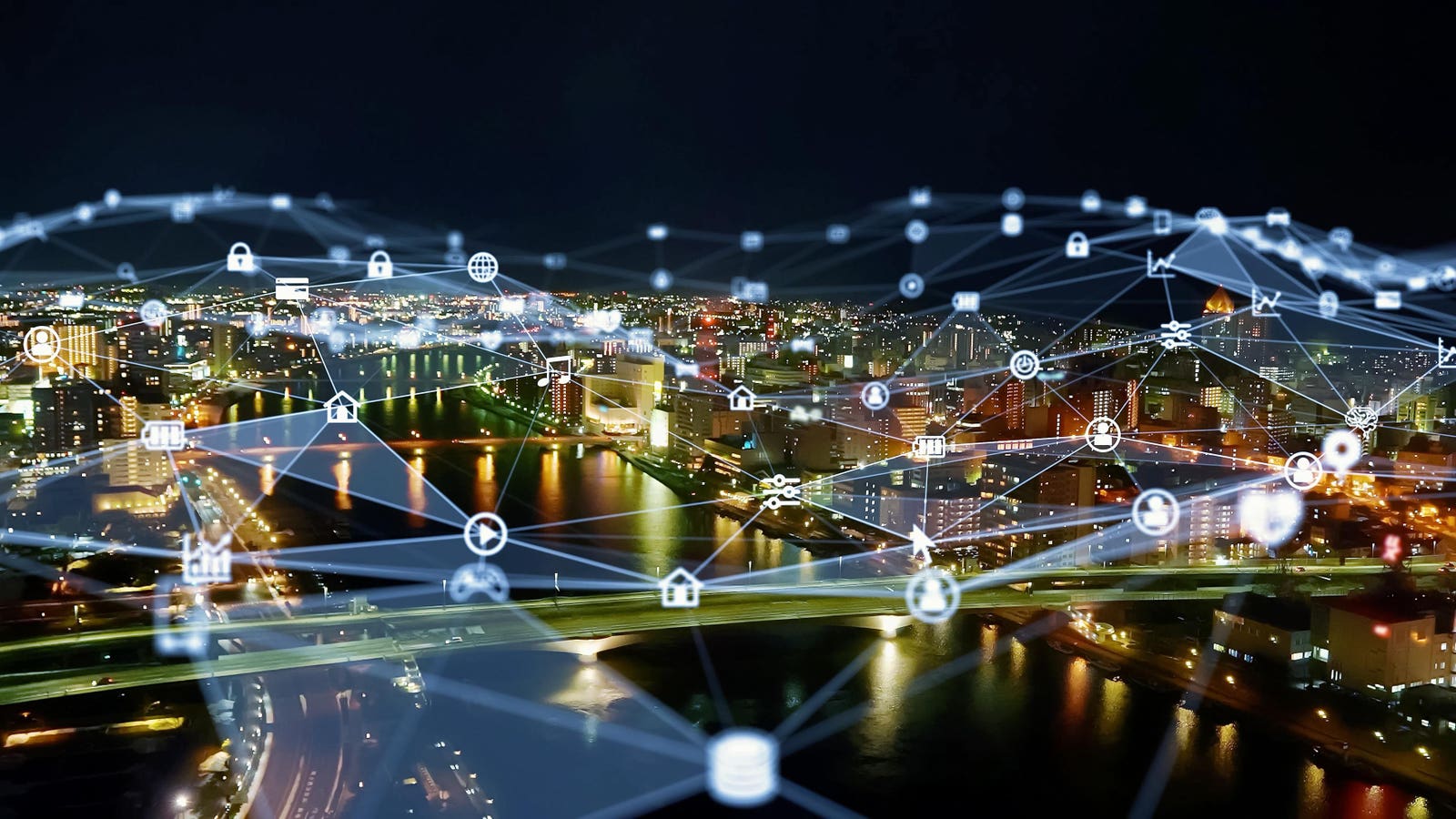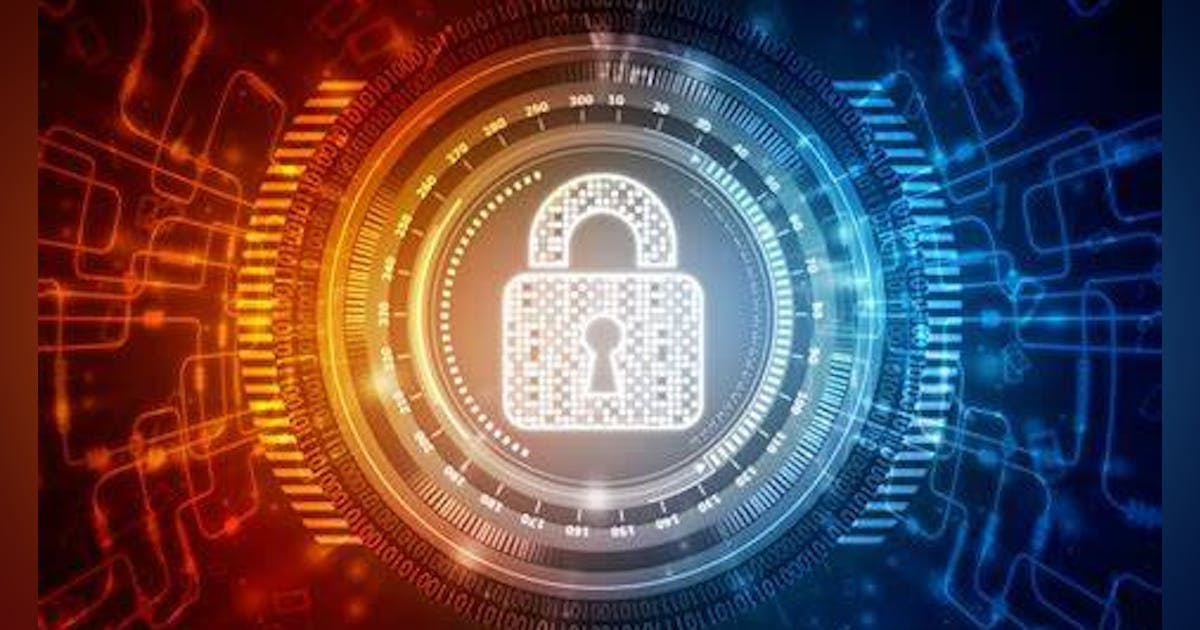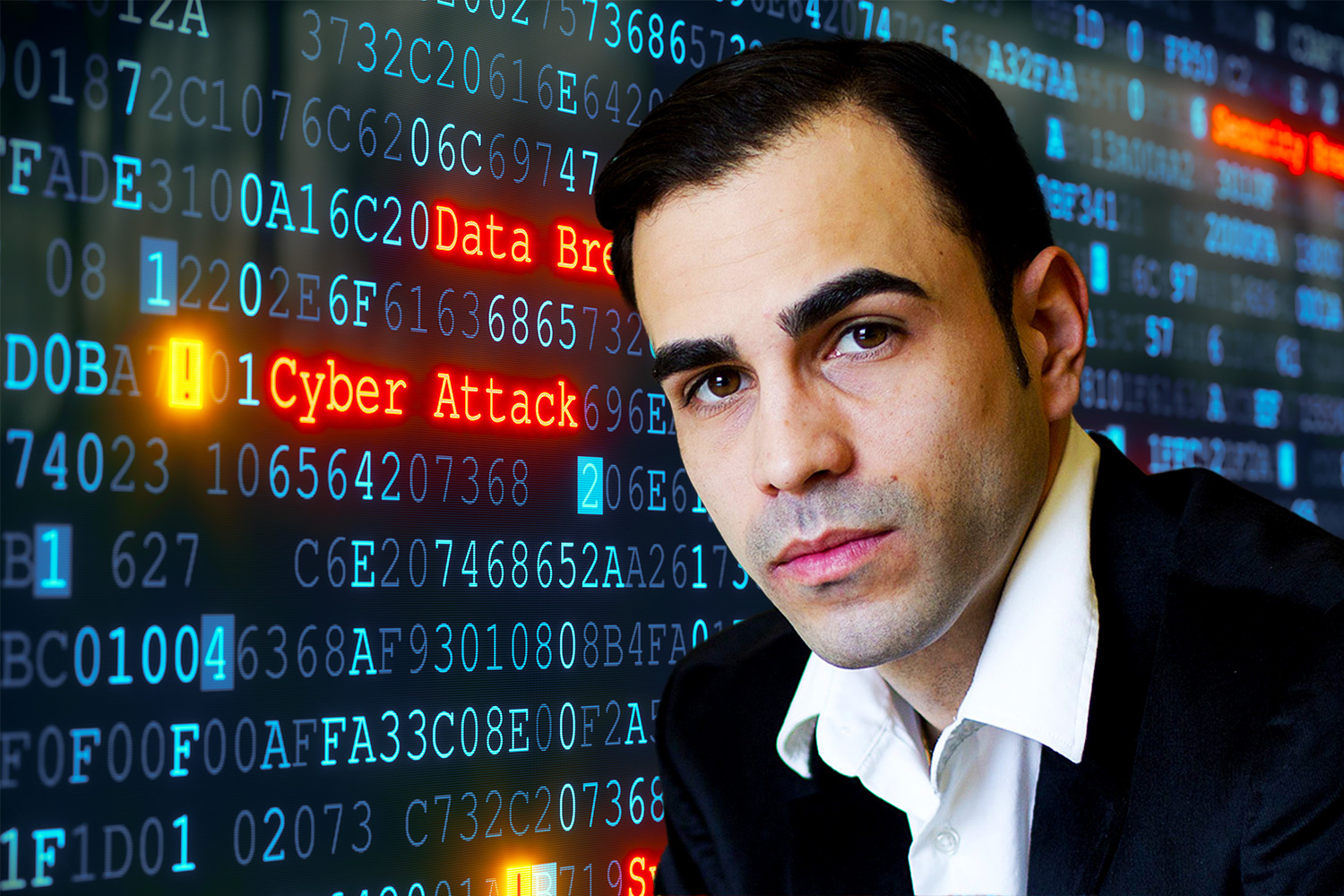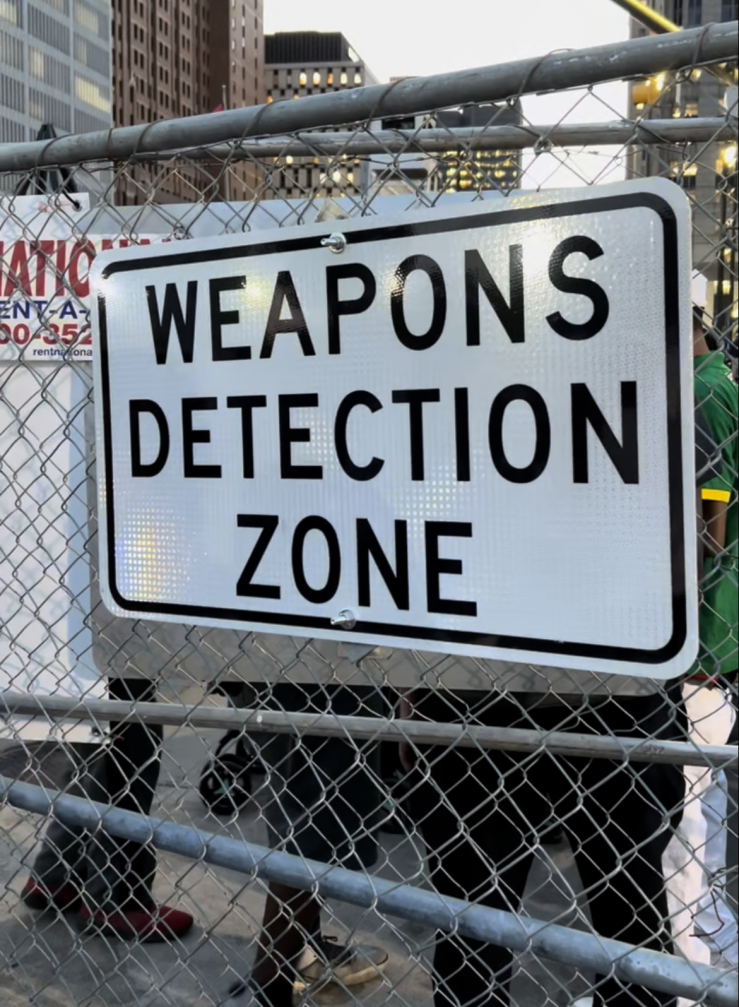The Emergence Of Smart Cities In The Digital Era
Realizing the potential of Smart Cities will require public-private cooperation and security by design.
The idea of smart cities is starting to take shape as the digital era develops. A city that has developed a public-private infrastructure to support waste management, energy, transportation, water resources, smart building technology, sustainability, security operations and citizen services is referred to as a “smart city”. Realizing the potential of Smart Cities will require public-private cooperation and security by design.
A smart city functions as an applied innovation lab. Automation, robotics, enabling nanotechnologies, artificial intelligence (human/computer interface), printed electronics and photovoltaics, wearables (flexible electronics), and information technologies like real-time and predictive analytics, super-computing, 5G wireless networks, secure cloud computing, mobile devices, and virtualization are a few of the fascinating technological trends of the digital era that are influencing the development of smart cities.
Cities have become “smarter” overall as a result of the shift from analog to digital technologies in recent years. Such cooperation entails facilitating coordinated operational actions. It includes exchanging situational awareness as well.
Smart cities save costs and resource consumption, increase public participation, and improve the effectiveness and efficiency of municipal services through the use of digital technology for information and communication. These types of digital technologies are utilized by smart cities to facilitate information and communication, reduce expenses and resource consumption, enhance public participation, and improve the efficacy and efficiency of municipal services.
Artificial intelligence (AI) and machine learning (ML) are already impacting the design and operations of Smart Cities. One of the areas that AI and ML can support is facilitating architectural designs and building for optimum ergonomics and performance. Also, AI and ML can facilitate Security Orchestration Automation and Response (SOAR) products by integrating orchestration processes, automation,…








